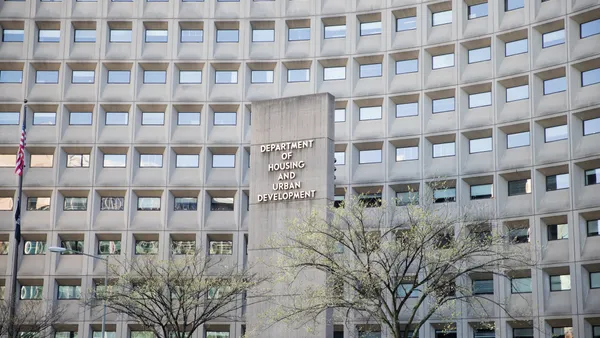Dive Brief:
- The National League of Cities (NLC) announced $100 million of investments in partnerships to expand entrepreneurship and the innovation economy.
- Through these investments, more than 50 cities of various sizes and more than 200 local partners are collaborating on initiatives to support young businesses, leverage technology and foster STEM education and workforce training.
- The partnerships will collaborate on STEM initiatives to connect kids and adults with technology careers; connect municipalities with startups to improve government; create and improve innovation districts; establish and fund new public-private partnerships; and translate university research to address social issues including the opioid crisis, climate change and autonomous public transportation.
Dive Insight:
NLC says it’s increasingly important for cities to turn to these types of innovation-focused P3s for support, considering federal support is waning on numerous fronts. More often than in the past, global cities report taking action on national issues that affect local economies — employment, immigration and climate change, for example — as numerous countries' leaders take a nationalistic bend and sometimes even overrule local interests with national policies, or in some cases a lack of policies.
The NLC says the P3 investments come at a time when there is a growing need for startup businesses and for training the next generation of science and engineering talent. Municipal leaders have taken notice of that trend too, as numerous events and conferences address the future of work and ensuring the workforce is properly trained for a transition to different types of jobs.
As the workforce moves from traditional employment and manufacturing to a heavier emphasis on tech jobs and the gig economy, cities can play a role in helping residents to get educated on new skills and adapt to the new environment. Partnerships with private entities are viewed as particularly beneficial in this space because the private sector knows what it needs from employees and can help to devise the necessary workforce training.
Cities that do not embrace workforce changes and help residents adapt run the risk of losing their existing job base and failing to attract any new ones, which can lead to a localized economic downturn.











